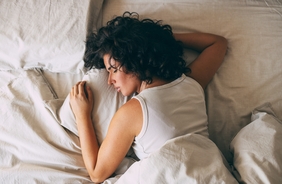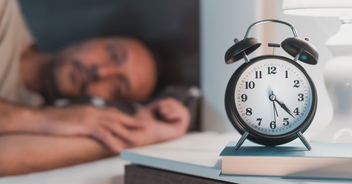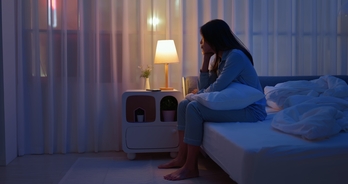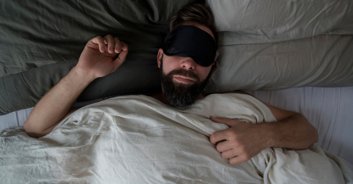How does that old saying go again? 'Nap hard, play hard', right?
Ok, so maybe that's not exactly how it goes, but it's certainly a philosophy that a lot of us live by. Especially in this weird modern world we live in, where the gig economy dictates that we work irregular hours, and the general culture insists that we socialise all the time, napping is something that most of us rely on in order to keep us going through the week. It's something we've all naturally learnt to do, and has become so normalised that many offices even have 'nap spaces' for their employees to catch some Zs during the day.
And yet, it's a habit that some people look down on as being lazy or unhealthy, with many arguing that we should focus on getting our eight hours of sleep every night - no more, no less.
However, as it turns out, taking a snooze break might actually be good for you.

In a recent study at the University of Bristol, researchers found that short bouts of sleep helped individuals to better process unconscious information and succeed at problem solving activities. Admittedly, the study was pretty tiny (just 16 people were fitted with EEGs to track their neural activity), but the results confirmed some hypothesise that have long been suspected.
"The findings are remarkable in that they can occur in the absence of initial intentional, conscious awareness, by processing of implicitly presented cues beneath participants' conscious awareness," revealed Dr. Liz Coulthard, Consultant Senior Lecturer in Dementia Neurology at the University of Bristol Medical School.
Indeed, there's not much evidence to suggest we shouldn't nap, either.
According to the National Sleep Foundation: "More than 85% of mammalian species are polyphasic sleepers, meaning that they sleep for short periods throughout the day. Humans are part of the minority of monophasic sleepers, meaning that our days are divided into two distinct periods, one for sleep and one for wakefulness. It is not clear that this is the natural sleep pattern of humans. Young children and elderly persons nap, for example, and napping is a very important aspect of many cultures."
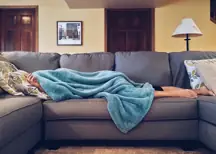
The NSF also has some tips for optimum napping conditions, noting that "A short nap is usually recommended (20-30 minutes) for short-term alertness. This type of nap provides significant benefit for improved alertness and performance without leaving you feeling groggy or interfering with nighttime sleep."
Of course, more studies need to be conducted in order to determine variants between different groups of people.
"Further research in a larger sample size is needed to compare if and how the findings differ between ages, and investigation of underlying neural mechanisms," Dr. Coulthard said.
Well, if they're looking for volunteers, I'd be happy to sign up.

